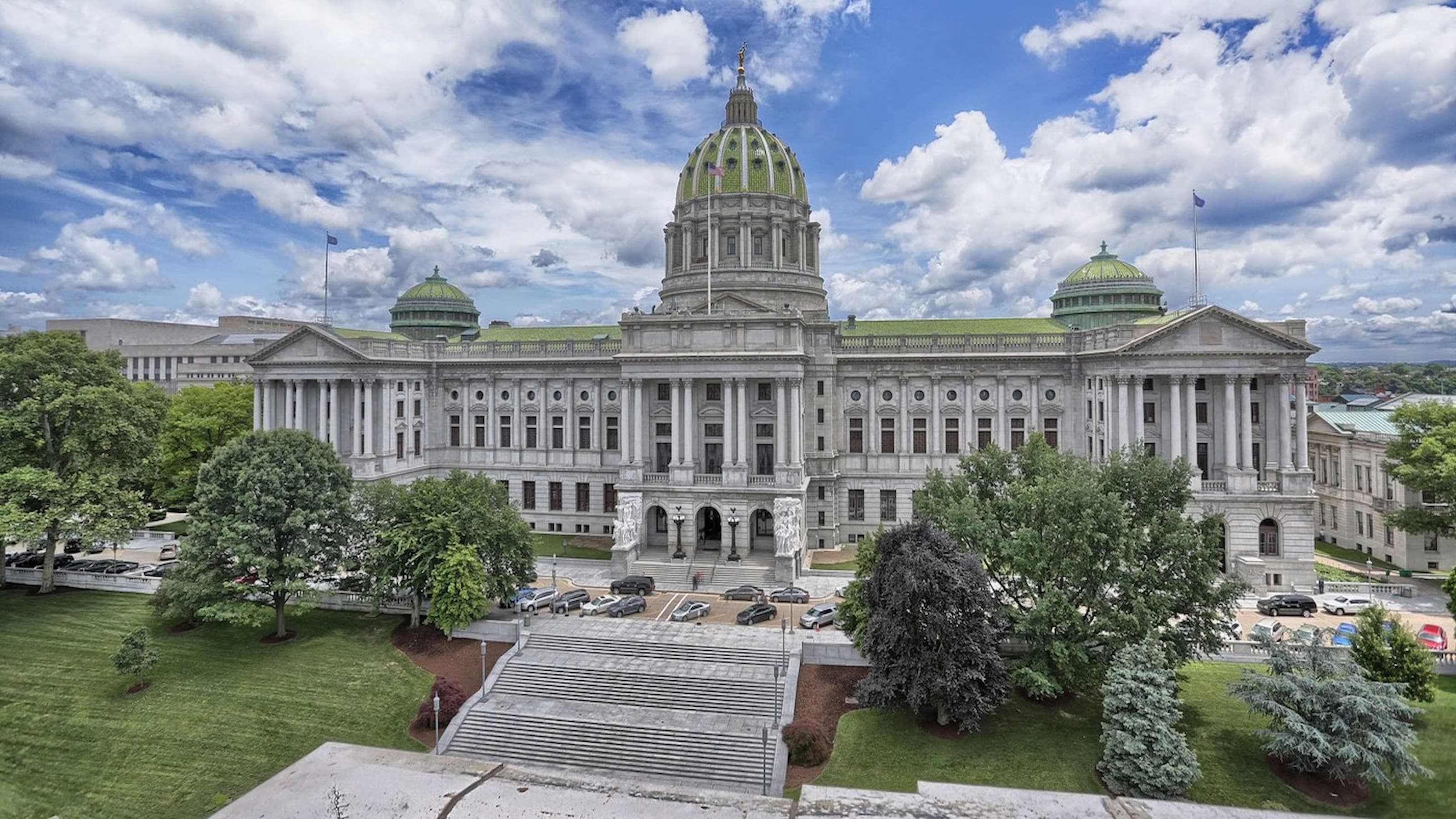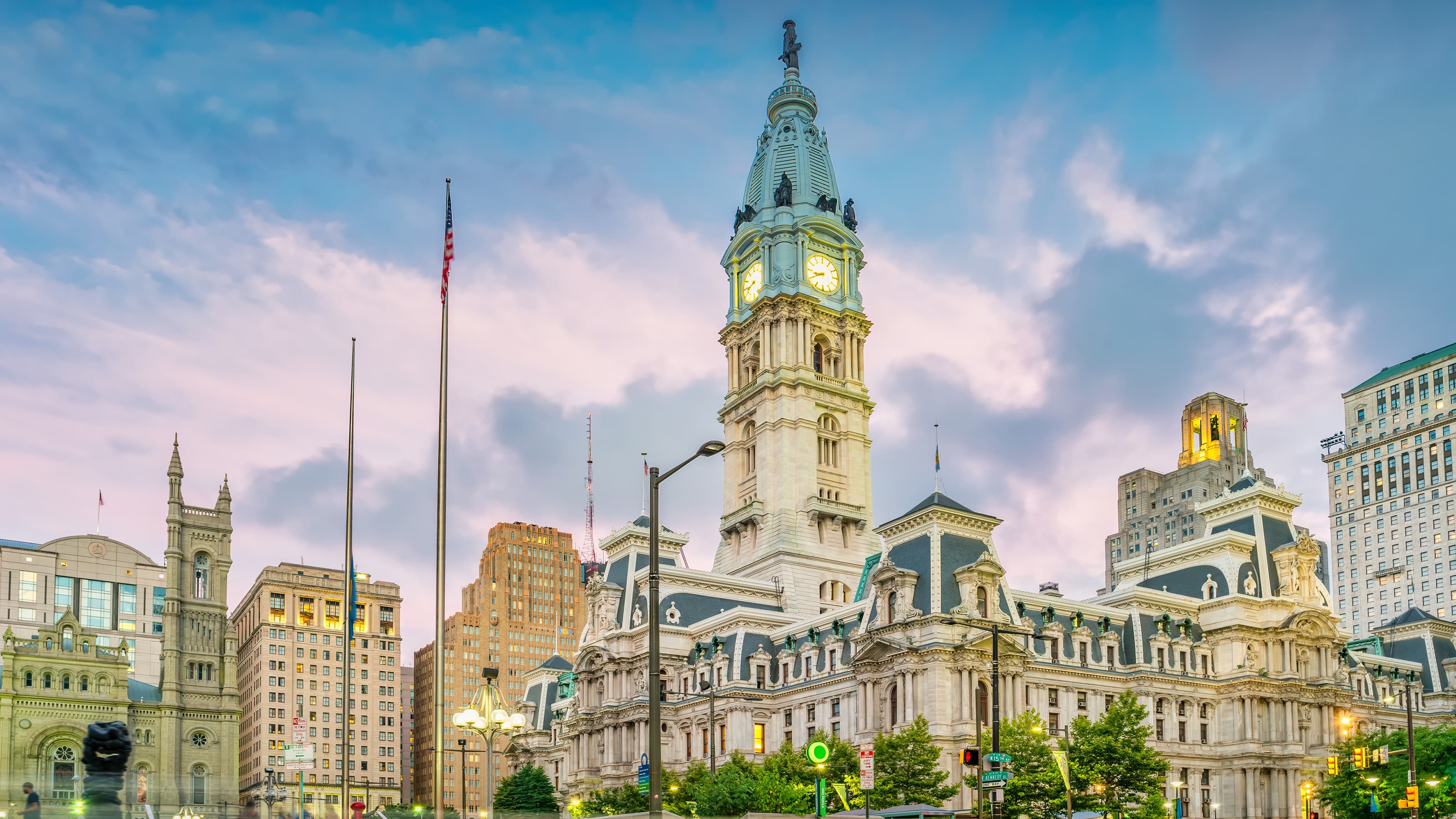How a Global Pandemic Will Test the Business Insurance Industry
The coronavirus pandemic is uncharted territory for many business insurance carriers, and policies will likely change permanently as a result, says Michael Angelina of Saint Josephs’ Maguire Academy of Insurance and Risk Management.

Restaurants, movie theaters, clothing stores, hair salons, barbers, spas and other businesses are facing extended closures as governments seek to control the coronavirus pandemic, creating strains from the loss of expected profits and the sunk costs they’ve already invested in supplies.
While most small business owners carry insurance to help cover losses due to extended closures, the current situation is uncharted territory for many insureds and their carriers, according to Michael Angelina, executive director of Saint Joseph’s Maguire Academy of Insurance and Risk Management.
He notes that most property insurance policies provide business interruption coverage to protect against instances when a business can’t operate due to physical damage from a fire, hurricane or other natural disaster. Most do not specifically cover losses due to a virus, some are explicit about excluding it, and other policies are vague. Many policies provide coverage for business shutdown due to an act of civil authority as well. But the key policy trigger in these coverages is the term “direct physical loss.”
“The issue is whether this is a covered loss or not and the short answer is — it depends,” says Angelina.
He draws a comparison between the canceled NCAA tournament in Atlanta, which will cause huge losses of revenue for the city and businesses like hotels, restaurants, public livery and the financial hit New Orleans experienced after Hurricane Katrina devastated the city in 2005.
“New Orleans was under water and no one came for six months, but the loss of revenue was covered because the underlying cause of loss was a hurricane [Katrina] and these policies typically say they protect the business against risk of direct physical loss,” Angelina says. “The question is what is a direct physical loss.”
He noted that larger businesses may have policies that specifically cover pandemics. Insurance for pandemic losses is available in the commercial market, yet few organizations purchase this coverage – much like earthquake insurance. In other cases where the wording on the traditional policies is less clear, there will be litigation to ultimately decide whether the loss from coronavirus will be covered – or that it won’t.
“The larger insureds of the world are likely going to have this in their insurance program, the more sophisticated insurance buyers probably have this covered,” Angelina says. “The people I worry about are the smaller groups – your local pizza shop, favorite breakfast place, or other small business.”
The issue is whether this is a covered loss or not and the short answer is — it depends.”
Michael Angelina
Executive Director, Maguire Academy of Insurance and Risk ManagementSome lawmakers are already taking steps to put protections in place for small business owners – some of whom have already filed claims and been denied by their carriers. A New Jersey lawmaker has introduced a bill that would require insurance carriers in that state to pay out certain claims related to COVID-19, according to a Philadelphia Inquirer report.
Angelina says the pandemic will also likely lead to some long-term changes in the insurance industry. For example, pandemic insurance could become a more traditionally purchased standalone product, like flood or earthquake insurance.
“Insurers likely have not been charging for pandemic losses to be included in a policy, if they are forced to begin including it, they will need to start charging for this additional coverage,” he says. “A similar behavior change happened after the Sept. 11, 2001 terrorist attacks – many insurance carriers really didn’t charge enough for their terrorism exposures (or more importantly, the concentration of exposures) until 9/11.”
He noted that while the Sept. 11 attacks primarily impacted lower Manhattan, “the ramifications were felt throughout the country and the globe. You saw market changes as well as behavior change as organizations saw the risks to business continuity and got a better understanding of these issues.”
Similarly, pandemics “were a nebulous issue before this. We understood pandemics were real and typically included in our business continuity planning but, until it actually happens, you don’t fully fathom its far-reaching ramifications. I think we’ll see organizations thinking about this more and how to mitigate the risks to business continuity. I also believe we will see a fundamental shift in the way we approach day-to-day activities within an organization.”
Angelina also expects commercial insurance rates to continue to climb as the insurance industry pays for these losses.
“This also happened during 9/11. The market was in a difficult period with significant underwriting losses before 9/11 and then when 9/11 happened it added tens of billions of dollars to their losses, causing rates to increase substantially,” Angelina says. “We’re already a little bit further along the curve. Commercial insurance rates have been increasing for the past few months and it’s going to be interesting to see what happens, as this could have a doubling effect, because commercial rates had been depressed for a long time before COVID-19 which might add significant loss activity globally.”



